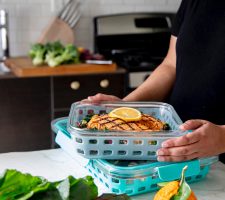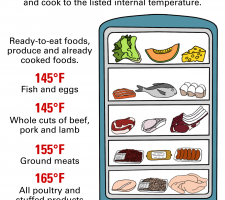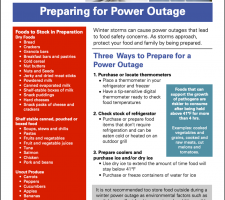
Reducing Food Waste – Expiration Dates
At one point or another, we have all debated eating or throwing away a food product after the date on its label has passed. But do we need to throw away food as soon as the date on the label arrives? Oftentimes you will see the phrases “Best if used by,” “Sell by” and “Use […]









